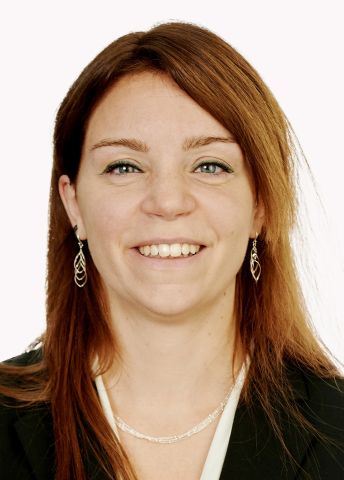
Wallenberg Academy Fellow 2023
Social sciences
Gaia Olivo
University of Gothenburg
Social sciences
Gaia Olivo
University of Gothenburg
How does the brain change when we practice new movements?
When we learn things like playing the piano or doing vaults on the trampoline, new connections are made between parts of the brain. Wallenberg Academy Fellow Gaia Olivo is investigating how the brain changes when we practice new skills. For example, why does the volume of the brain’s gray matter increase when we train a movement?
Researchers talk about the brain being plastic – it has an incredible ability to create new connections between nerve cells and the various parts of the brain. This allows us to learn new things quickly and to coordinate movements we have not previously performed.
When researchers investigated what happens when the brain is changed by learning, they were surprised by the speed at which it takes place. In the space of just a few minutes, the brain’s gray matter, which contains many nerve cells, increases in volume - but is this because the brain has started forming new nerve connections and is being reshaped, or is it simply because the blood flow to the brain increases when we use it?
Dr Gaia Olivo, at the University of Gothenburg, will search for the answers to these questions. Using cutting-edge brain imaging technology, she will make detailed studies of changes in the brains of mice and humans as they practice new motor skills. She will also investigate whether it is possible to predict individual differences in brain plasticity and how long changes in the brain are preserved after motor training. The hope is that this knowledge will improve support for people who need to train their cognitive abilities, such as following a stroke.
Photo Patrik Lundin